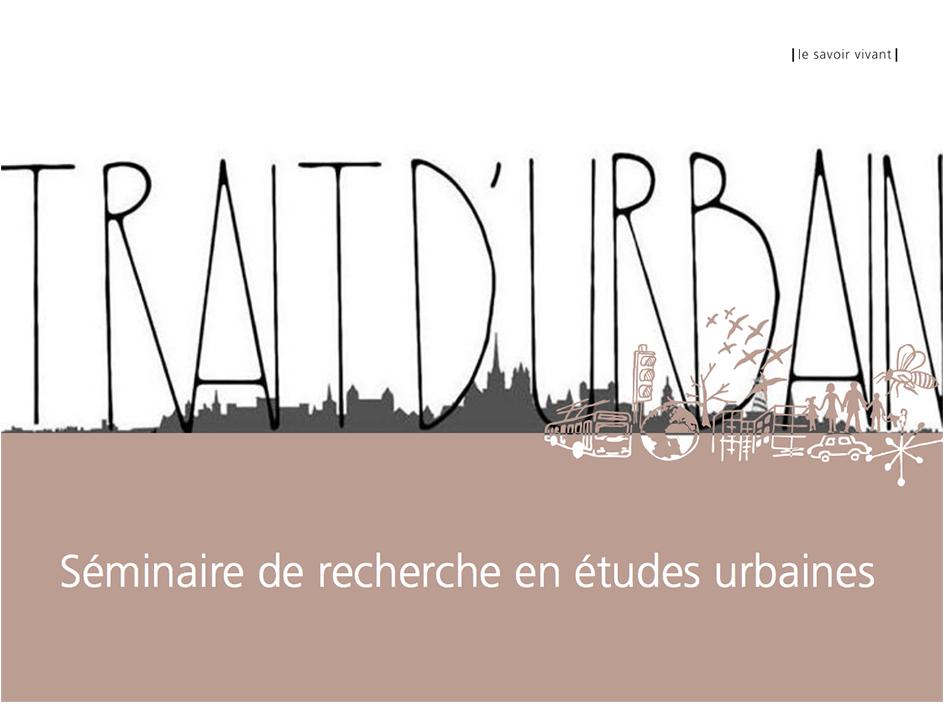English Français
Futurity and endurance of temporary space: Law, democratisation, and the city
Dans le cadre du séminaire « Trait d’Urbain »

Mardi 17 novembre 2020 - 12h45 à 13h30
En ligne via Zoom
‘DemocraCity’, my doctoral project in legal geography, seeks to advance the geographical knowledge about the spatial, territorial, and urban aspects of democratisation. This talk calls for critical attention to the concrete and material relationship between democratisation and the urban built environment, the space where democracy takes place.
The city, in our time, does not realise our universal aspiration for democracy that we want to shape urban futures together. In this context, democratisation is an endless project for urban societies whose ever-changing territoriality fosters their transitions towards some ends. The real, but often overlooked, consequence of the undemocratic urban governance is the production of unpleasant, and even inhumane, urban built environment for the people, especially the marginalised and minority. Through their legal geographies, planning and property, as two essential future-oriented elements of territoriality, constitute the socio-materiality of the city. Spatio-legal orderings of the city can thus be understood as the world-making effects of how planning and property laws are performed, practised and lived.
In this talk, I argue that planning and property laws potentially have democratic effects on the city. I consider Shezidao in Taipei, Taiwan’s capital city, an enduring temporary space which has been contingent upon uncertainties originated from legal and spatial conditions. Drawing on the ongoing planning and development controversies of Shezidao, I discuss in what ways law might trigger democratic struggles for better urban futures. This reflection helps address theoretical problems about promises and potentialities of territoriality for democratisation.
Le « Trait d’Urbain » est un séminaire proposé par le groupe de recherche en Études urbaines afin de permettre aux chercheuses et chercheurs de présenter leurs travaux en cours.
Institut de géographie et durabilité